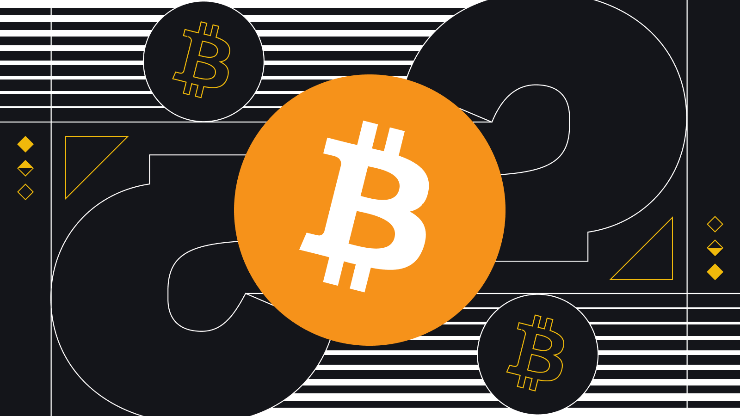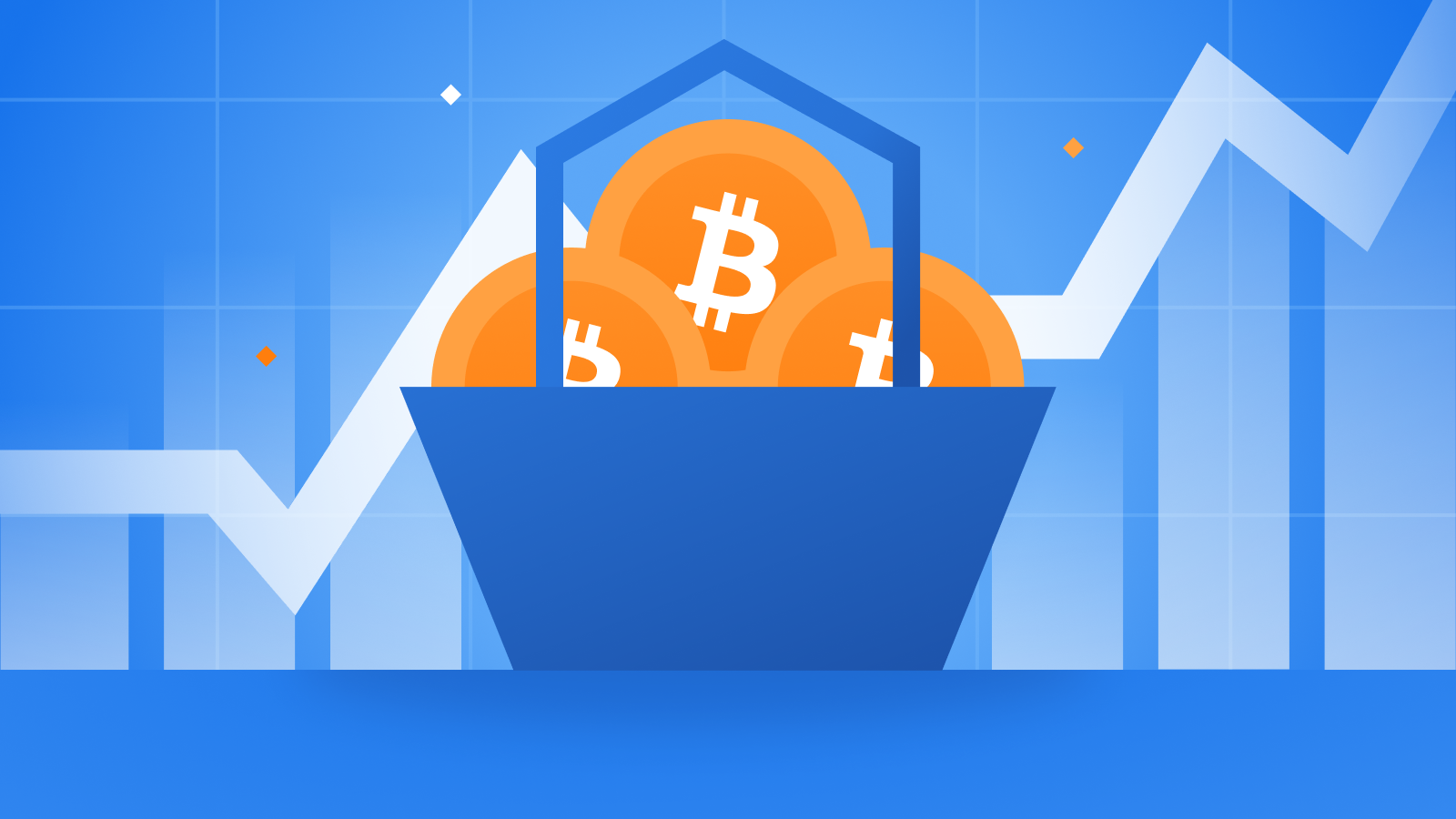
Что такое ликвидность?
Ликвидность как термин определяется, как способность покупать или продавать активы на рынке, не вызывая при этом радикальных изменений в цене активов.
Ликвидность может относиться к двум различным областям; ликвидного рынка и ликвидных активов.
Рынок является ликвидным, если в нем всегда присутствуют инвесторы, готовые к торгам. Актив же является ликвидным, если его легко конвертировать в наличные деньги.
Но что имеется в виду, когда речь идет о криптовалютах?
Как и в случае любых инвестиций, вы хотите быстро продать и купить токены, не требуя снижения цены или слишком долгого ожидания согласование сделки. Чтобы это было возможно, рынок, на котором вы торгуете, должен быть ликвидным. Другими словами, должна быть высокая торговая активность, а цены спроса и предложения не должна быть слишком разной.
Давайте рассмотрим пример с точки зрения продавца
У Боба есть 5 токенов определенной криптовалюты и цена этих токенов выросла за последние несколько дней. Боб рад этому и решает быстро продать токены по текущей рыночной цене.
Если рынок ликвиден, то есть присутствует достаточное количество покупателей, готовых купить токены Боба по его цене, то Боб имеет возможность продать свои активы быстро и за цену, которую он хочет. Сделка Боба не влияет на цену токена, так как рынок достаточно ликвиден, что позволяет согласовать сделку Боба.
В то же время, если Боб пытается продать 5 токенов по текущей рыночной цене, а рынок не является ликвидным или имеет низкий уровень ликвидности, то есть на рынке отсутствует достаточное количество покупателей, готовых заплатить цену, запрашиваемую Бобом, то он будет вынужден снизить цену или подождать более высокого уровня ликвидности, чтобы продать свои токены. Если же Боб решит продать токены по более низкой цене, то его сделка повлияет на текущую рыночную цену токена.
Как определить, является ли рынок ликвидным
Во время рассмотрения того, является ли рынок ликвидным или нет, рекомендуется рассмотреть три важных показателя. Объем торгов за 24 часа, объем списка ордеров и сумма, на которую цена спроса, превышает цену предложение, что также известно как разница цен на покупку/продажу.
Однако, список ордеров не всегда может отобразить реальную ситуацию из-за таких факторов, как стоп-лимит ордеров и айсберг ордер, которые создаются с использованием автоматизированной торговли и в результате этого не всегда появляются в списке ордеров до выполнения конкретных условия этих ордеров.
Ликвидность чрезвычайно важна при рассмотрении ваших сделок. Это один из основных факторов для легкого входа или выхода из рынка.
Оставайтесь с нами, и ознакамливайтесь с большим количеством контента, и не забудьте посмотреть другие наши видео в Binance Academy!



























































































































































